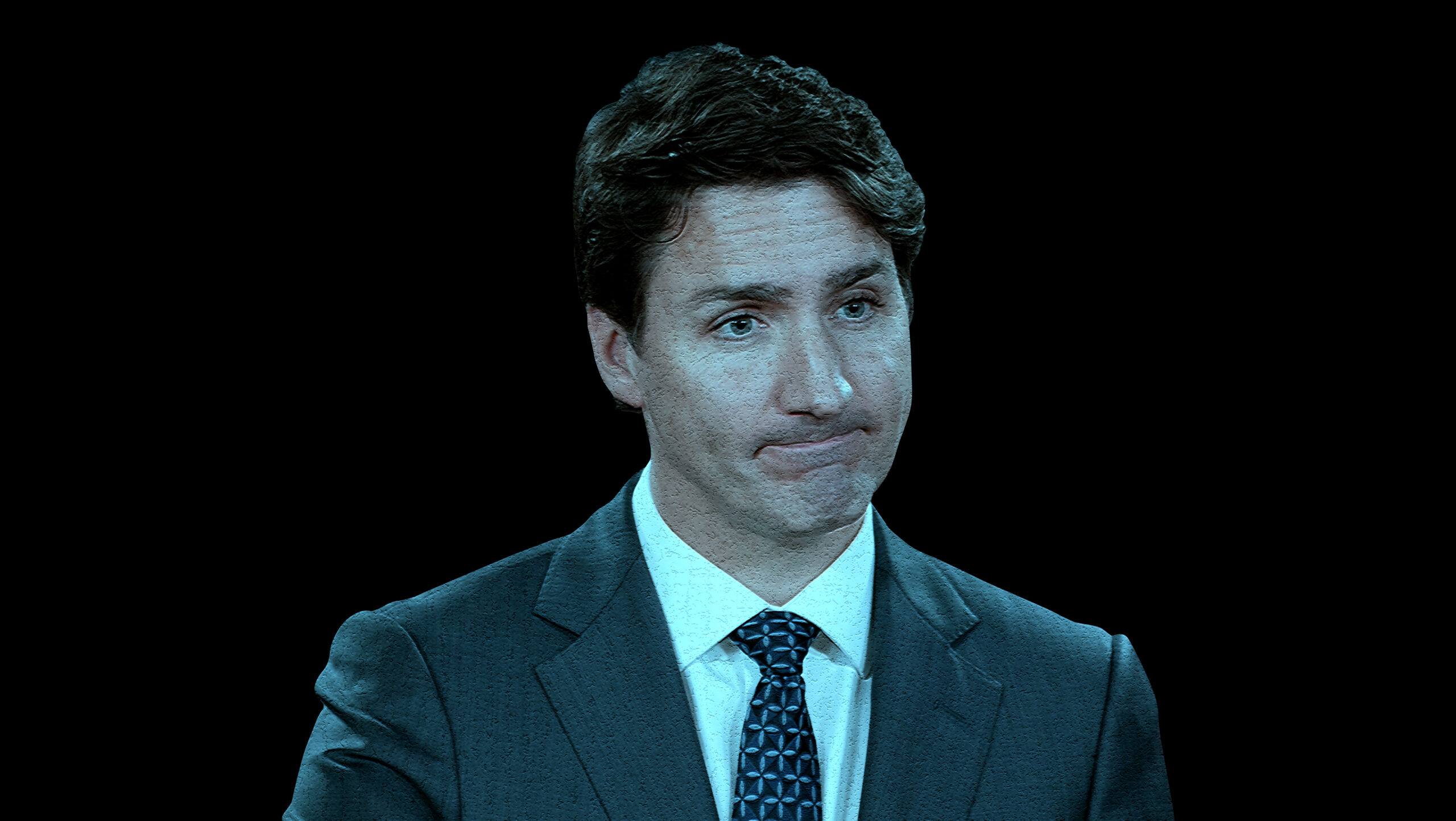This story is part of Rainbow Votes 2019, special Canadian election newsletter by Xtra. You can sign up here to receive the newsletter directly in your inbox, every Tuesday.
It’s been one week since Justin Trudeau’s Liberals won a second term, ending a nail-biting 40-day election campaign and marking the start of the first minority federal government in more than a decade. But even though the campaigning has come to an end, parties and their leaders are still on the grind—and, yes, they’re still talking queer rights.
Here’s everything you need to know about the parties, their leaders and their positions post-election.
Andrew Scheer’s take on queer issues is still a thorn in his side. The Leader of the Opposition made his media rounds last week, and yet again LGBTQ2 issues came up.
On Oct. 24, Scheer reiterated his decision not to march in Pride parades to Global News’s Mercedes Stephenson, noting that he has no plans to reconsider. “I won’t march in parades,” he said, “but I will ensure that our party is as inclusive and open and that we fight for equality rights of all Canadians.”
The following day, Scheer told The Canadian Press that he thinks a prime minister could be both socially conservative—holding anti-abortion and anti–same-sex marriage views, for example—and the leader of a country as diverse and progressive as Canada. “I believe you can have both of those positions: You can have a personal view and you can acknowledge that in Canada, the prime minister does not impose a particular viewpoint on Canadians,” he said. (Gay marriage has been legal across Canada since 2005, and Scheer has stated he would not re-open the marriage debate.) He shifted the focus to the only mention of LGBTQ2 issues in the Conservative platform: helping LGBTQ2 refugees make their way safely to Canada.
Both Scheer’s positions on marching in Pride and gay marriage came up repeatedly in the election campaign, often used by the Liberals as a means to drum up support for their party among progressive voters. Some LGBTQ2 voters were critical of the tactic, noting that Scheer’s lack of attendance at Pride held very little meaning to communities. Others claimed it was a detraction from the issues that were far more pressing.
Elizabeth May is sticking around—for now. The Green Party made history this election, earning an additional seat in Fredericton, N.B., for a total of three MPs in Parliament. But Elizabeth May says her time as leader of the party is limited, announcing at a news conference on Oct. 24 that she will be stepping down from the role at some point in the next four years.
Under May, the Green Party took steps to become more inclusive and champion LGBTQ2 communities. In an interview with Xtra, the party’s leader told Editorial Director Rachel Giese that the Greens would work with its MPs to gain traction on LGBTQ2 issues, such as a national conversion therapy ban and ending the blood ban for men who have sex with men.
May says she’ll work with Green MPs Paul Manly and Jenica Atwin to shape the future of the party, but who her successor might be remains unknown. Earlier this year, May suggested that former minister of justice and attorney general Jody Wilson-Raybould could be the party’s new leader should she be interested; Wilson-Raybould won her seat in Vancouver-Granville as an Independent.
The Liberals lose their queer champion. A Conservative near-sweep across Alberta this election means the Liberals have lost Randy Boissonnault, a key player in the party’s plans for LGBTQ2 rights. Boissonnault, formerly the MP in Edmonton Centre, was special advisor to the PM on LGBTQ2 issues, acting as a de facto spokesperson on all queer and trans issues across the country. There’s no word on who might take up the role, but the Liberals have just two openly gay MPs to pick from this time around: Rob Oliphant in Toronto’s Don Valley West riding, and Seamus O’Regan in St. John’s South-Mount Pearl.
The special advisor role is an important position if the Liberals want to keep up their track record on LGBTQ2 issues. In their party’s platform, the Liberals promised to ban conversion therapy nationally, end the blood ban and provide funding for several community organizations.
The NDP are picking up the pieces. Despite an impressive (and unexpected) campaign by first-time leader Jagmeet Singh, the NDP decreased its seat count by 45 percent, down to just 24. (The party was unable to win any downtown Toronto seats, despite being arguably some of the most progressive ridings in the country.) And with the Bloc Québécois now holding 32 seats behind the Conservatives’ 121, the NDP will likely have little influence in the way the Liberals govern—and especially how LGBTQ2 issues are dealt with.
Throughout the campaign, the NDP boasted a progressive platform on queer and trans rights, rivalled only by the Green Party. The party was also the most representative of our communities, with 40 publicly out candidates running. But only one queer NDP candidate—B.C.’s Randall Garrison in the riding of Esquimalt–Saanich–Sooke—was elected on Oct. 21.


 Why you can trust Xtra
Why you can trust Xtra


